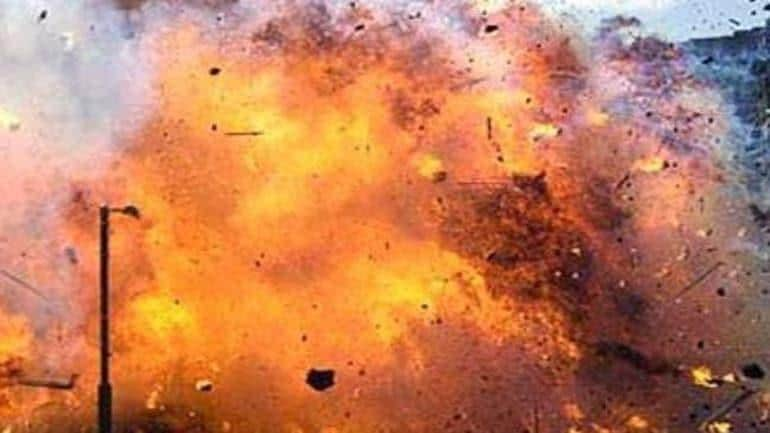Mudassir Rizwan
The Balochistan Liberation Army (BLA) is a separatist group fighting for Balochistan’s independence from Pakistan. Founded in 2000, it has been involved in a long-running insurgency against the Pakistani government, carrying out attacks on government forces and infrastructure. The BLA’s ideology is based on Baloch nationalism, and it has targeted both Pakistani security forces and Chinese nationals in the region.
The BLA has been responsible for numerous attacks, including assassinations, suicide bombings, and coordinated assaults. Its activities have intensified in recent years, especially targeting Chinese nationals involved in the China-Pakistan Economic Corridor (CPEC) projects.
The BLA primarily operates in Balochistan but has also extended its influence to neighbouring areas in Afghanistan and Iran. Its leadership has faced significant pressure from Pakistani security forces, resulting in the deaths of several high-ranking members.
There has been a lot of talk about the motivations of the Balochistan Liberation Army (BLA) these days, but certain misconceptions need to be addressed. Instead of focusing solely on rights issues, missing persons, and economic deprivations, it’s important for us, as scholars, policymakers, and individuals interested in geopolitical issues and insurgency dynamics, to understand the real context in which this new insurgency is gaining traction. The nature, motivations, and support base of the Baloch separatist militants, often seen as adversaries by the state establishment, need to be comprehended before making judgments on the complex dynamics of the insurgency.
First and foremost, it’s essential to recognize that tribal repressive structures are being utilized by tribal leaders, known as Sardars, to maintain control over the resources of the area. These Sardars view the state and democracy as threats to their dominance and use repressive tribal structures to perpetuate their power. The coastal belt insurgency led by Dr. Allah Nazar uses sub-nationalism as a tool to keep the state at bay, as its reach threatens their political dominance.
Furthermore, the separatist militants reject political competition and inclusivity, considering them as threats to their narrow vision of nationhood rooted in ethnicity. This ethnic particularism is fueled by grievance narratives constructed to win over followers, using blind hate and economic deprivations. Difficult geography, economic hardships, and corrupt governance sustain these particularistic narratives, playing into the hands of ethnic separatists.
It’s also important to note that the areas targeted by the BLA insurgency align with the communication and port infrastructure of the China Pakistan Economic Corridor (CPEC). This correlation suggests that the insurgency’s targets are strategically chosen to oppose the interests of external actors, including India and other foreign powers, who view CPEC and Gwadar Port as a threat to their strategic and commercial interests.
Addressing the myths and realities surrounding the BLA, it’s crucial to debunk the misconception that the insurgency of the 70s was settled through a general amnesty to Sardars. In reality, the tribal Sardars had already become a spent force and were seeking amnesty due to their challenges in Afghanistan, only to restart the separatist narrative later. Additionally, the alienation of the new generation was not solely due to the state’s actions, but rather a result of the ideological influence passed down from previous generations.
The narrative and demands of the BLA leadership are deeply entrenched in separatism and anti-Pakistan sentiments, nourished by anti-CPEC forces. To effectively counter this, Pakistan requires a comprehensive response. This response should be a well-thought-out combination of kinetic and non-kinetic strategies, involving the people of Balochistan as stakeholders in counter-insurgency operations. By governing effectively, providing jobs and development funds on merit, and engaging pro-federation Baloch in these efforts, Pakistan can empower the Baloch people to take charge of this battle themselves, instilling a sense of hope and reassurance.
















